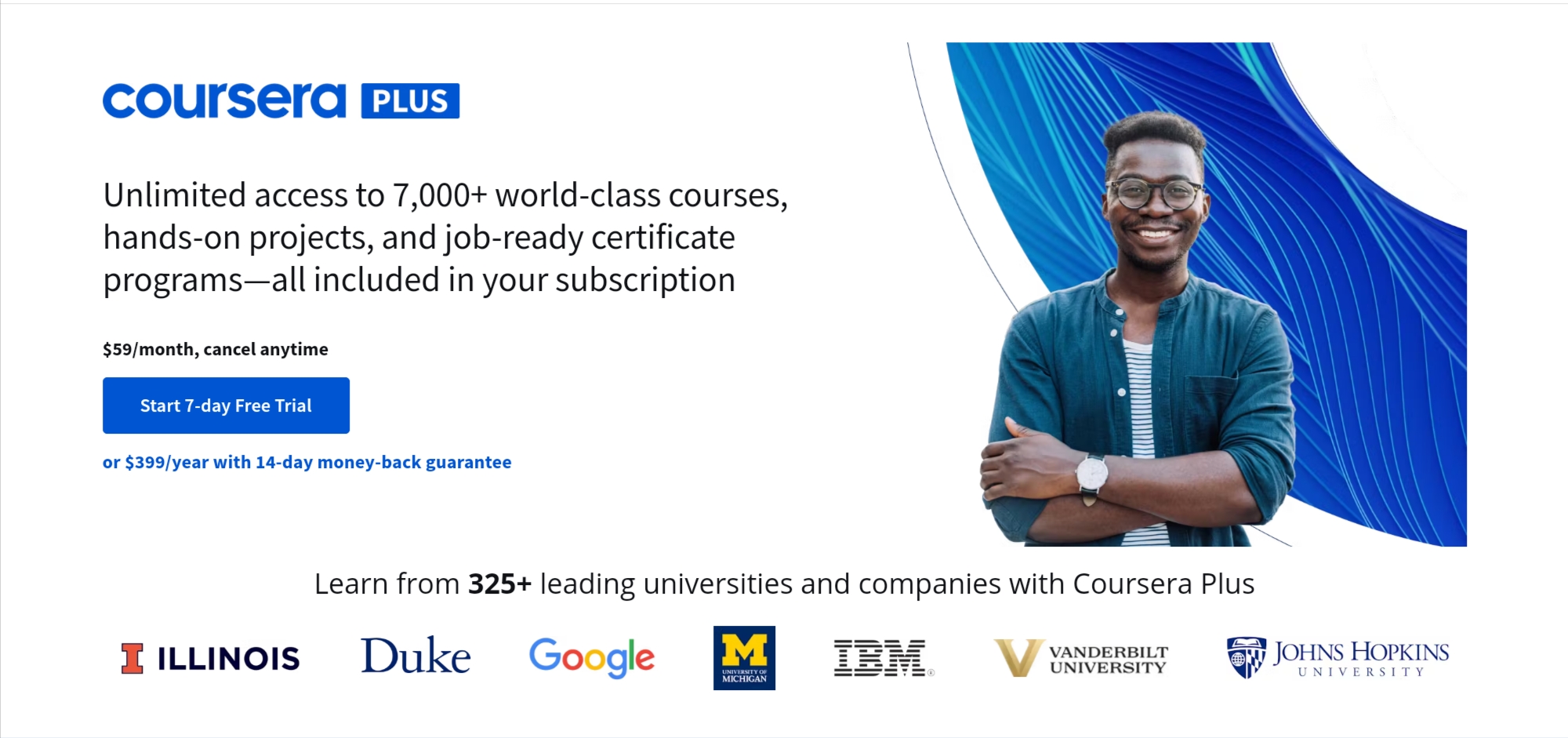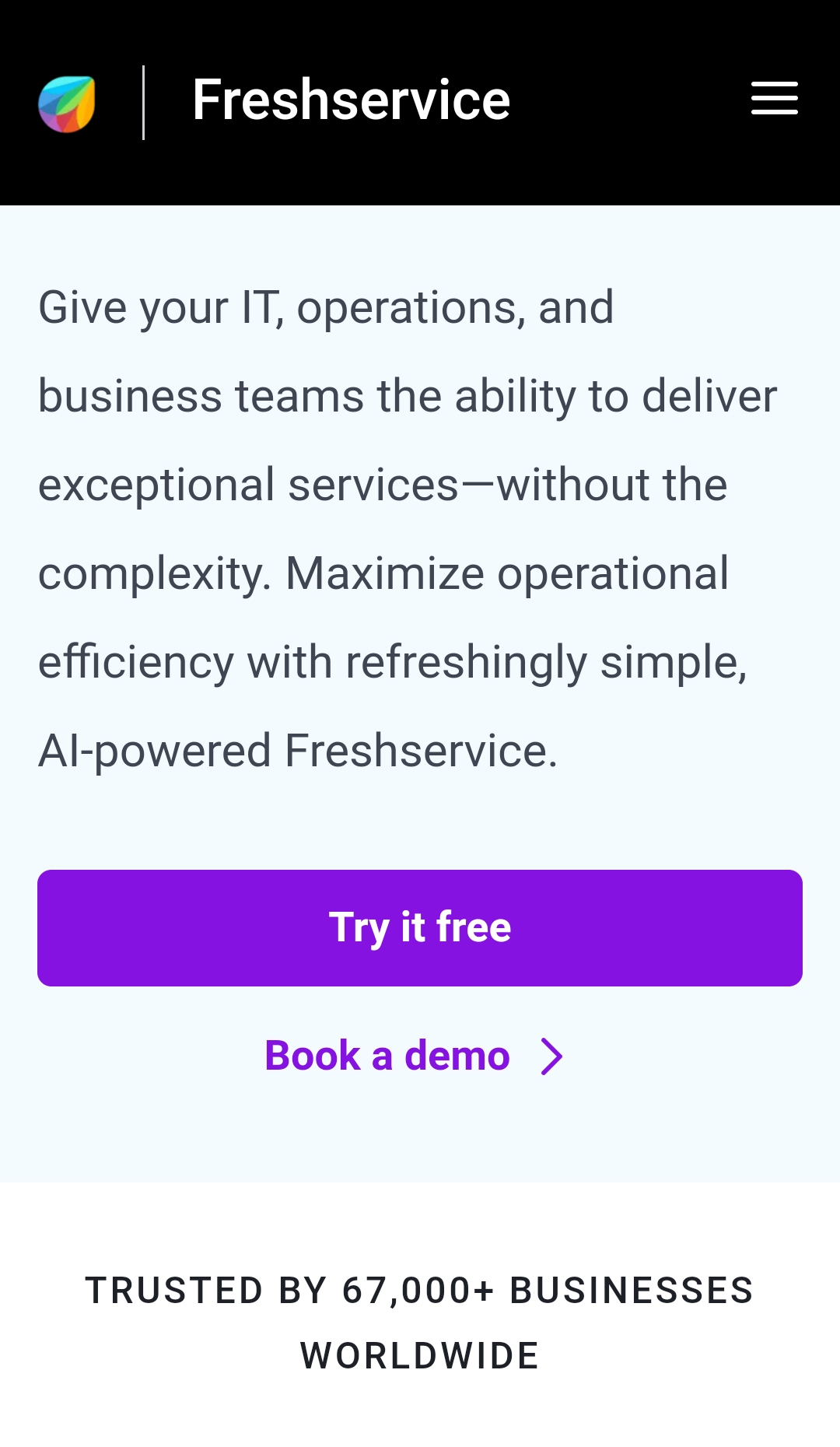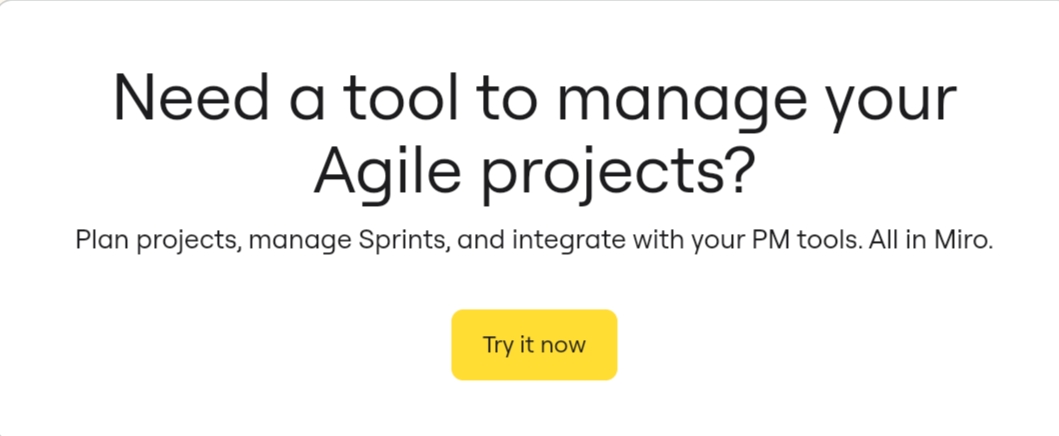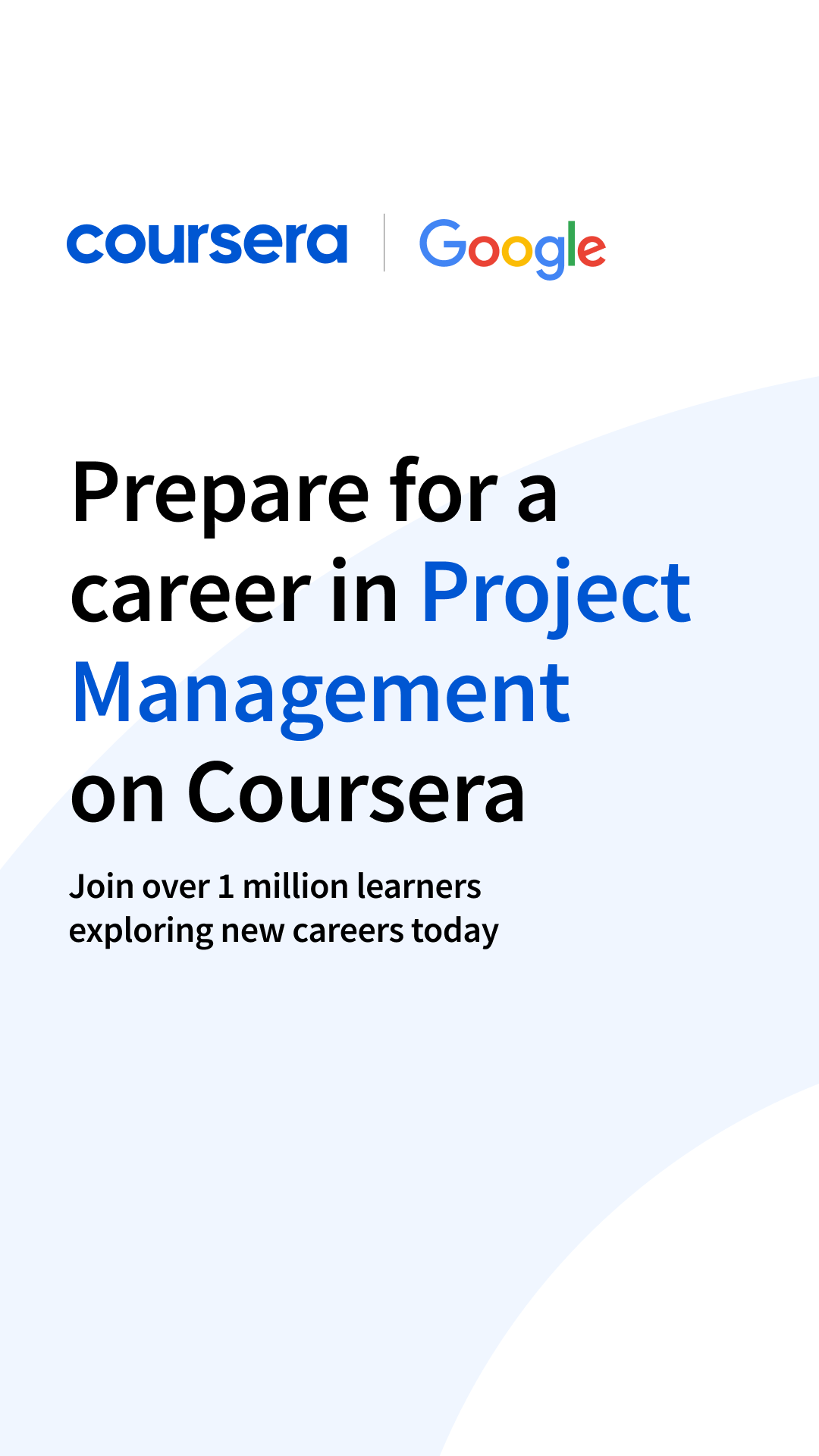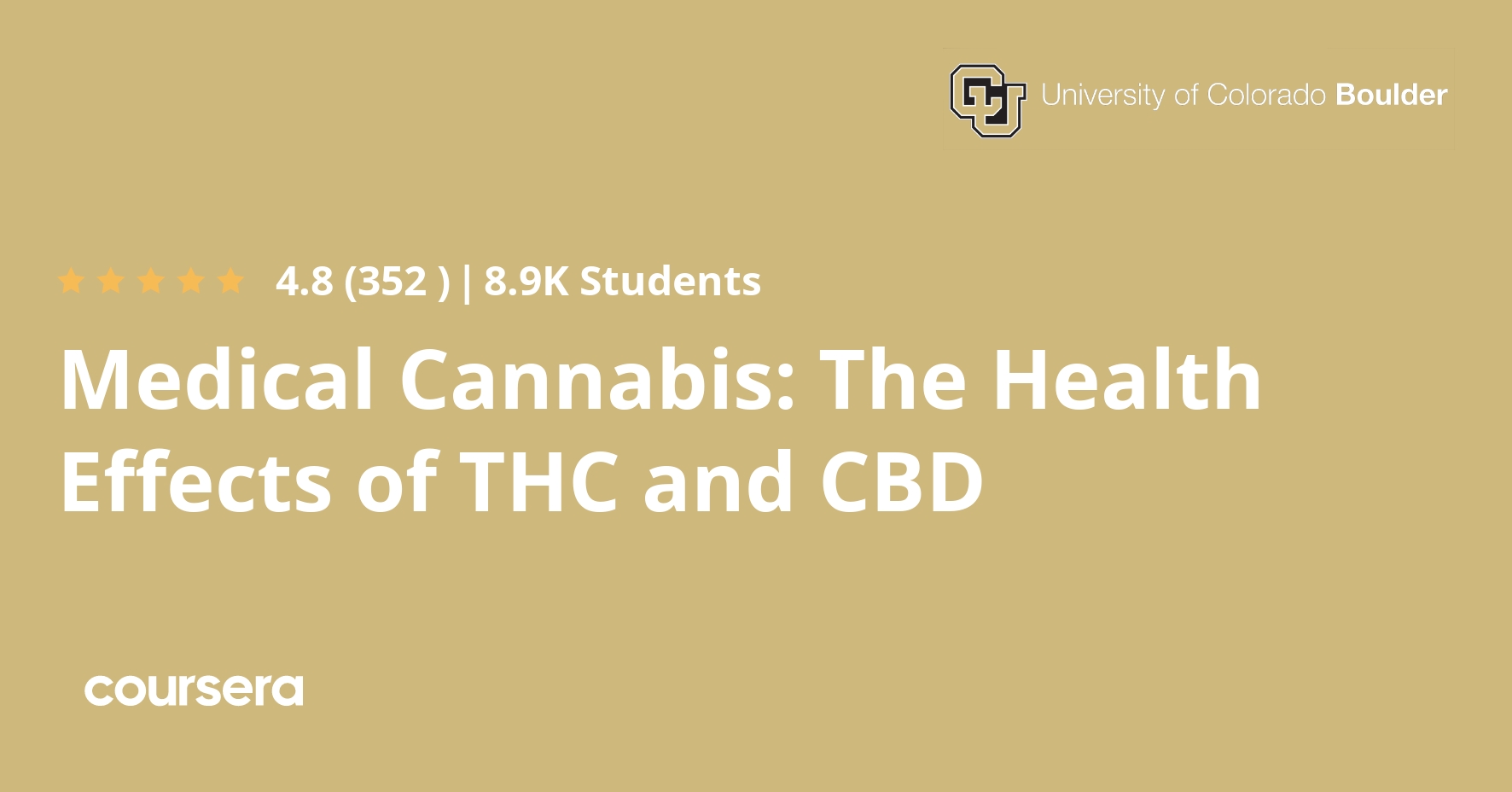Description
If you want to learn more about medical cannabis (i.e., marijuana) and hemp-derived CBD, then this specialization is for you! A person who wants to know more about cannabis and CBD might be:
A patient or their loved one who wants to understand the potential risks and benefits. A health care provider who wants to communicate with patients about cannabis. Someone who wants to work in the cannabis industry.
Why do people want to know more about cannabis? The legalization of cannabis (i.e., marijuana) and the recent federal legalization of cannabidiol (CBD) has led to unprecedented access to cannabinoids (e.g. THC and CBD), a projected 60 billion dollar industry (cannabis and hemp) by 2025, and the fastest growing jobs sector in the economy according to recent reports in the media. Despite all of this, there is very little evidence-based information about the health effects of cannabis or about how to maximize the potential benefits while minimizing harm. Parents of children with seizure disorders, veterans with PTSD and chronic pain, cancer patients, and our aging parents deserve better. People WANT evidence-based information about the potential risks and benefits of cannabis products so that they can weigh the pros and cons of cannabis and CBD versus other options. They also want to know how to maximize the positive effects of cannabis while minimizing the side effects. This specialization is designed to provide that information.
Assignments are experiential in nature and designed to provide students with specific skills regardless of their age or their reasons for taking the specialization (to be an educated patient, continuing education for health care providers, or to obtain a job in the industry). Students will engage with dispensaries, healthcare providers, and/or patients on important questions related to the safety and health effects of cannabis and CBD. For example, students might visit two dispensaries, ask questions about the safety and health effects of products, and compare answers across the dispensaries. Students might also discuss cannabis with their doctor and compare answers. Students will also consolidate learning with the creation of infographics. Creating evidence-based infographics is not only a great learning tool, it also provides a skill that is highly desirable among job applicants in the cannabis industry and in public health and public policy positions.
